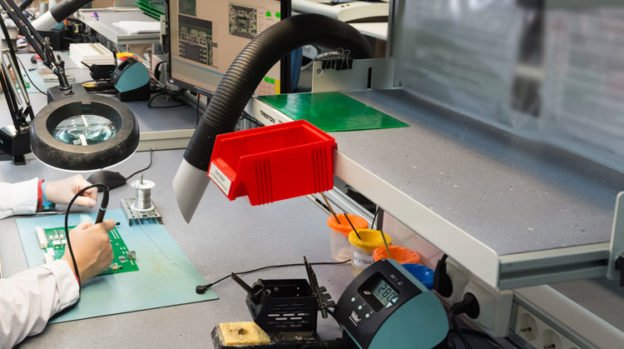
All reputable data recovery companies should have what would be considered the “tools of the trade” in order to provide proper services to their clients. The following is a list of the tools and hardware that should be in the inventory of any data recovery service regardless of the experience they have in the industry or how long they have been in business.
Screwdriver Kits (Phillips with TS1, 2, 3, 4, 5, 6, 7, 8 bits)
Screwdrivers are handy tools to have in just about any setting. But when the business is built around data recovery, screwdrivers are essential. That’s because they allow access to both HDD and SSD hard drives as well as Apple devices (this includes tablets, iPhones, and laptops). The more bits that the screwdriver kits have, the better it is. In my lab, we have a total of five different kits and that allows us to address all possible scenarios. It is also important to note that some devices require pentalobe screwdrivers to open and this is the standard for HDDS.
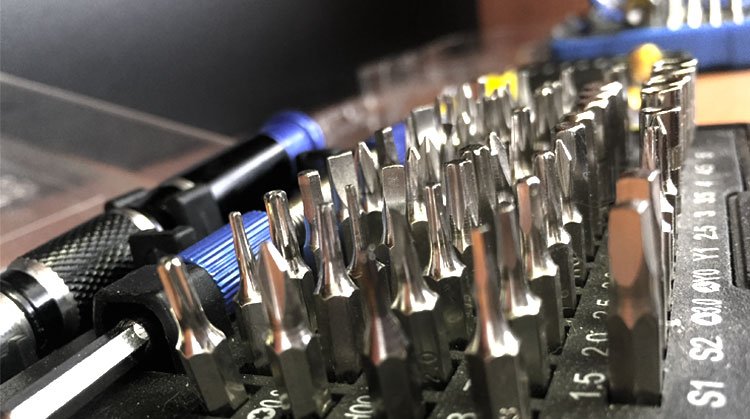
Soldering Station (Soldering and Hot Air Gun)
A soldering station comes in handy in many ways. In addition to removing NAND flash chips, bad connections and broken interfaces can be easily corrected with a dab of solder. Plus, without a good quality soldering station many complicated and intricate procedures required in data recovery cannot be properly performed. If you can just do half a job at soldering, or a crappy job, it will show. There are quality soldering kits out there, and there are some bad ones. Try to avoid the no-name ones that are manufactured in China if you can. Hot air guns also serve a purpose but my experience tells me that they just don’t get hot enough to remove chips. Trust me when I say that the more expensive and well-known brand name products are the best in this instance – as is often the case elsewhere in the market.
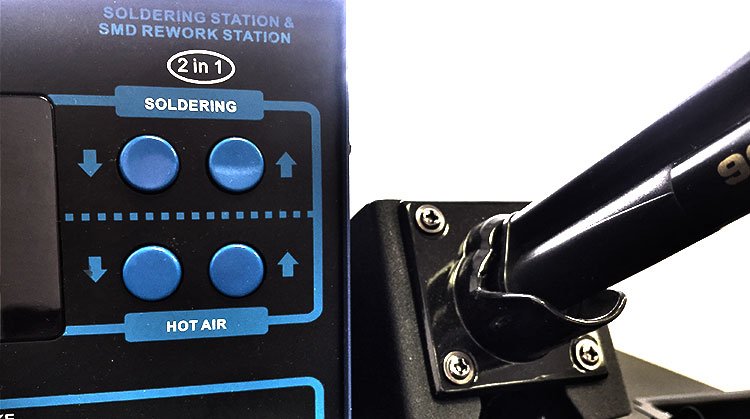
Microscope
The camp is split down the middle when it comes to good quality microscopes. Some lean towards analog where I prefer digital. Where digital microscopes work best in data recovery situations is that you can use a camera to snap photos as part of the data collection process for future reference as you go through with a particular project for a client. Our suggestion is to stay clear of microscopes that cost less than $200 unless you intend to just play around with one in a casual setting and not use it professionally.
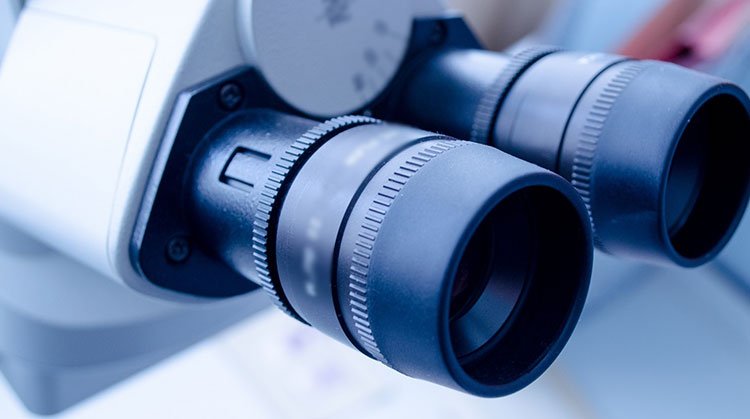
Data Recovery Hardware & Extraction Tools (PC3000 or equivalent)
It’s well and good to have a ton of skills related to the data recovery business and while qualifications are essential, you still need the hardware and software to make those skills work in your favor. AceLabs has been around for years and they are the pioneers in the development of the tools that make the data recovery industry what it is today. Just about all of the good labs in the industry are using hardware and software developed by AceLabs. Sure, there are some ‘knock-offs’ that have been developed offshore and some of them are not bad at doing the job. However, the knock-offs are not all that good with new hard drives that are hitting the market on a daily basis these days.
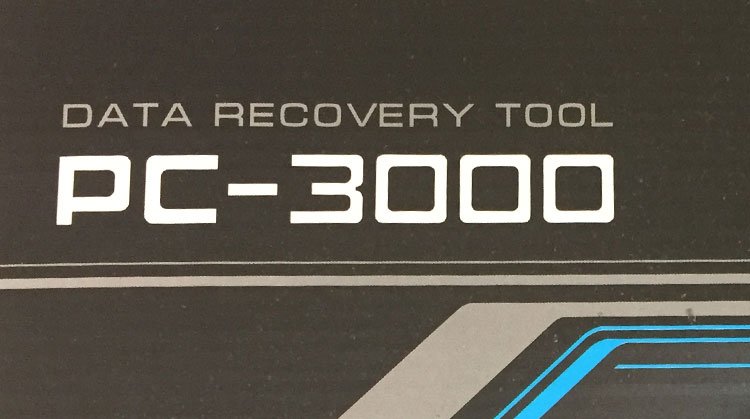
Clean Room (or at least a Clean Bench)
Let me be very clear on this point. A data recovery lab that does not have an industry standard cleanroom facility is probably just a computer repair shop. That doesn’t mean that computer repair shops don’t serve a purpose. However, performing such tasks as a head stack assembly swap without a clean room facility is, well, a bad idea. If you are thinking about getting into the data recovery business, the most important tool to invest in is a clean room facility. The thing is, it may sound expensive but it doesn’t have to be. It does have to meet certain standards and at least to ISO5 Class 100.
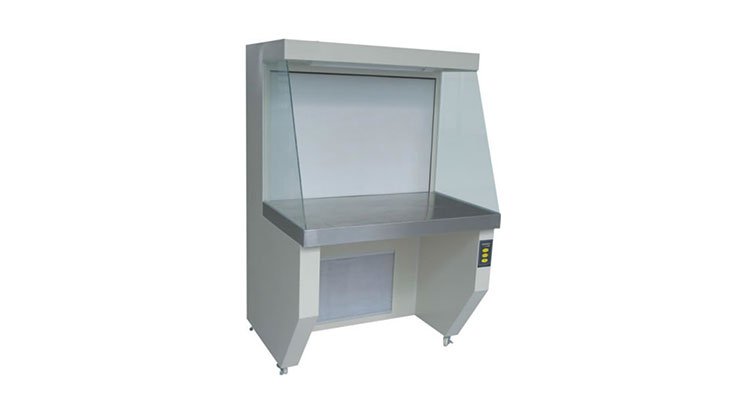
Tools For Delicate Components
You will need various other hand tools that are made to handle – and not damage – delicate parts. The list would include such things as tweezers, pliers, clippers, clamps, etc. The very same ones you have in your work shed at home should stay at that work shed. Invest in new hand tools and seek smaller sizes in what may be referred to as ‘jewelers’ tools.
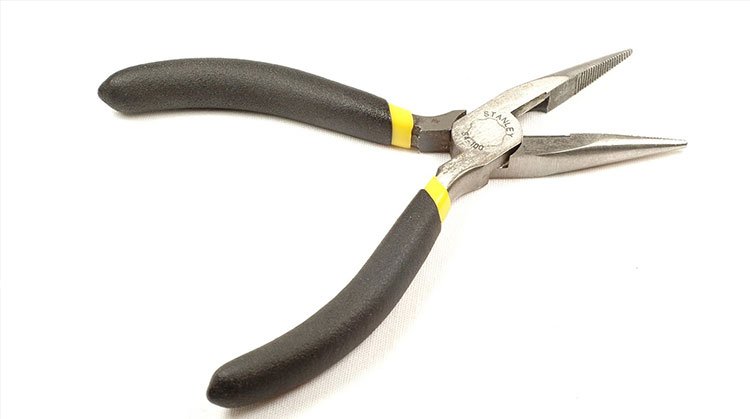
Digital Multimeter
This is one of those things I would consider a ‘must have’ and ‘go to’ tool. There are times when you can’t work without one. A digital multimeter will save time and reduce headaches by allowing for fast and easy tests of connections on dead PCBs. The only snag is that you may require some level of electrical expertise to use one of these handy meters efficiently. However, this is one of those tools that a good data recovery specialist can’t live without. The interesting thing is that any brand will work here. Even the offshore ones simply because it really is difficult to make a bad multimeter.
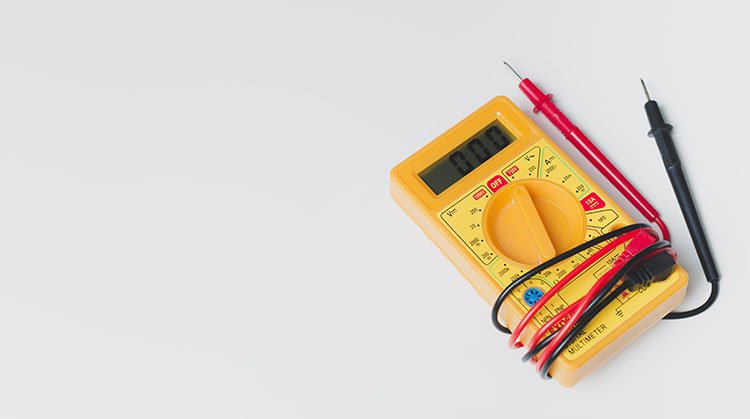
Additional Specialized Tools
I like some of the products available through HDD Surgery. Those are always convenient although we don’t warehouse any of them opting to perform these tasks the old-fashioned way. That doesn’t mean these tools aren’t worthy. In fact, I can see how beneficial they can be when used in the right hands.
In Conclusion
Because data recovery is a specialized industry, it takes expertise and the right tools and surroundings to perform tasks correctly. Hopefully I have helped you understand some of the requirements a little bit better with this article.
